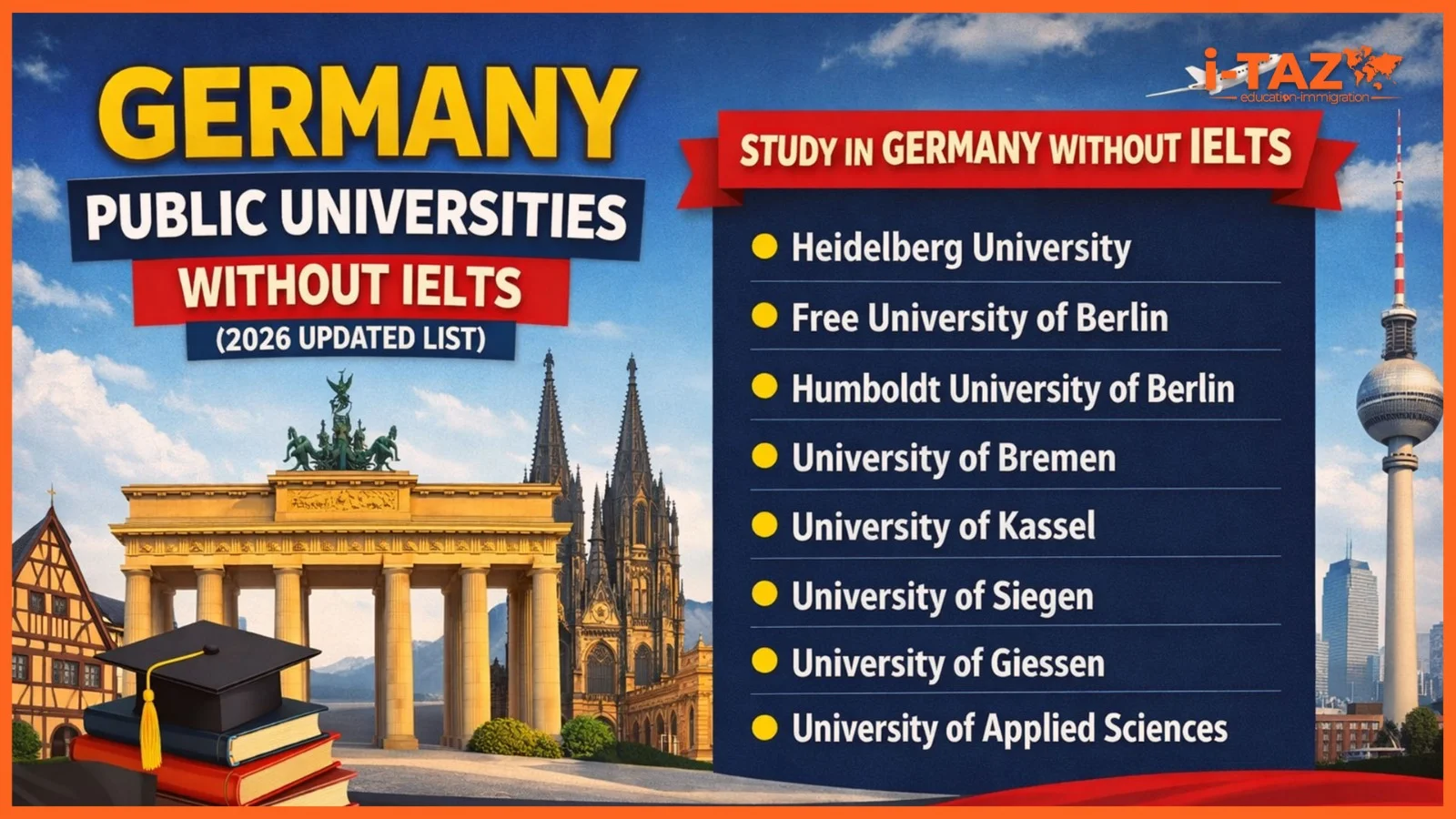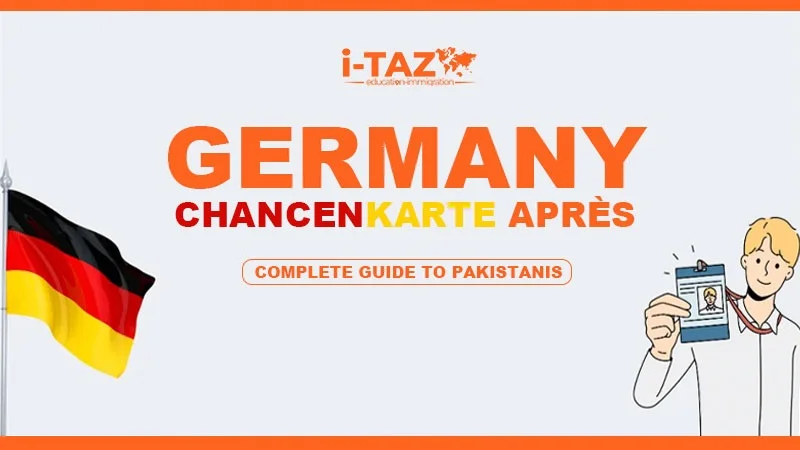In late 2024 and early 2025, the UK Government introduced one of the most extensive shake ups to UK immigration policy in recent memory, aiming to reduce overall net migration figures. These measures are designed to raise salary thresholds, limit family reunification, and phase out visa routes previously seen as entry points for “low skilled” workers. Though branded as a necessary recalibration of the immigration system, these reforms fail to account for regional differences within the UK, and nowhere is the potential fallout more visible than in Scotland.
The Scottish economy, workforce, and demography are uniquely reliant on inward migration. With an ageing population, labour shortages in critical sectors, and a pressing need to sustain rural communities, Scotland faces disproportionate risks from these new policies. Despite repeated requests for a more regionally sensitive immigration framework, the changes remain one-size-fits-all, jeopardising Scotland’s long term resilience.
Health and Care Worker Visa Phase Out
Perhaps the most alarming of the UK Government’s announcements is its plan to phase out the Health and Care Worker visa route by 2028. Introduced to address labour gaps in adult social care, this visa route has been a lifeline for care homes, home care services, and NHS supported facilities, especially in Scotland’s more remote regions. In many areas, international care workers make up a significant portion of the workforce, with the Scottish Government estimating that around one third of all adult social care workers are non-UK nationals. Removing this visa not only risks triggering widespread staff shortages but also places vulnerable populations at greater risk, from older people needing daily assistance to patients awaiting hospital discharge.
The UK Government’s argument; that it does not want to institutionalise a migration route into low wage jobs; rings hollow in Scotland, where the care sector is structurally underpaid but fundamentally indispensable. Without migrant workers, the sector risks collapse, and local authorities, already stretched thin, may be unable to fill the gap.
Skilled Worker Threshold Increase
The decision to raise the salary threshold for Skilled Worker visas from £26,200 to £38,700 is another UK Immigration policy change with stark implications for Scotland. While framed as a way to ensure only “high skilled” migrants enter the workforce, the new threshold disregards the reality that many essential jobs; in hospitality, agriculture, early education, manufacturing, and food production; do not pay that much, particularly in Scotland where wage levels are generally lower than in London and the South East.
The impact is compounded in rural areas, where employers rely heavily on international workers due to shrinking local populations and a limited labour pool. These workers are not “low skilled”; they are chefs, care assistants, technicians, and nursery educators; but under the new rules, they are no longer welcome. By using a blunt economic measure to filter applicants, the UK Government is cutting off lifelines to industries that are already struggling and undermining efforts to sustain viable communities across Scotland.
Also read: 24 hours left or your student money is gone
Separating Families and Reducing Integration
In addition to wage threshold increases, the UK Government has introduced tighter restrictions on family visas, including a higher minimum income requirement to sponsor a spouse or partner. For many migrant workers in Scotland; particularly those working in health, social care, or entry level roles; this means they cannot bring their families with them, even after securing a job and contributing to the local economy. This UK Immigration policy not only damages the wellbeing and mental health of workers, who are now forced to live apart from their families, but also makes Scotland a less attractive place for long term settlement. Family unity and integration are key to building stable communities, yet these changes treat family migration as a loophole rather than a legitimate part of human movement. In a country already facing population decline, this UK Immigration policy closes the door to the very people who might have otherwise made Scotland their home, raised children here, and contributed to the economy and civic life.
A Disconnect Between Policy and Reality
What is most striking about these reforms is how little they reflect Scotland’s actual needs. Demographic data from the National Records of Scotland continues to warn of an ageing population, low birth rates, and a shrinking working age population. Rural councils have long voiced concern about depopulation, with many communities facing a real risk of long term decline. In such a context, inward migration is not a political liability, it is an economic necessity. The UK Government’s refusal to create regional variations in UK immigration policy; or to grant Scotland powers to shape its own migration framework; reflects a disconnect between central decision making and local realities. The new rules may satisfy short term political demands in Westminster, but they risk creating long term harm in regions that depend on migration for growth and cohesion.
The Case for a Scotland Specific Immigration Approach
Scotland’s government, local councils, and civic organisations have long advocated for a migration system made according to Scotland’s distinct social and economic context. This could include region specific visa routes, lower salary thresholds for key sectors, and greater support for family reunification. Other countries; such as Canada and Australia; have successfully adopted regional immigration models that account for labour market differences and population dynamics. Scotland is well positioned to adopt a similar framework, and the current crisis only strengthens the case. With its needs overlooked and its future workforce at stake, Scotland cannot afford to be treated as an afterthought in UK immigration policy.
These New Rules Are Making It Harder for the People We Help
At ITAZ, we help people with their visa journeys, whether they’re looking for a better job, a new home, or a chance to build a future in the UK. We know how excited and hopeful our clients feel when they get close to their dreams. But now, with the UK Government’s new UK immigration Policy rules, it feels like that dream is slipping away for many. These rules make it harder for people to move, even when their skills are needed and they have good reasons to be here. We talk to nurses, care workers, students, and families every day, people who want to do good and be part of something. But now, more doors are closing on them, and that hurts us too, because we care deeply about every journey we support.
We started ITAZ to make the visa process easier and more fair. We want to guide people with trust, honesty, and clear steps forward. But these changes have brought in more confusion, higher barriers, and tougher choices. It’s not just paperwork, it’s people’s lives, their futures, and their families on the line. These rules don’t match what we hear from employers who need skilled workers or communities that need new energy. They create fear where there should be hope, and silence where there should be stories of success. And while it makes our job harder, it also makes it more important than ever.
What We’ll Keep Doing
No matter how tough the rules get, we’re here to help. At ITAZ, we will keep guiding our clients with care and honesty. We’ll stay updated, explain things simply, and fight for every possible chance people still have. We believe in fair systems, open minds, and a world where hard work and heart should be enough. We won’t give up, because our work isn’t just about visas. It’s about people, and helping them find a place where they belong.









